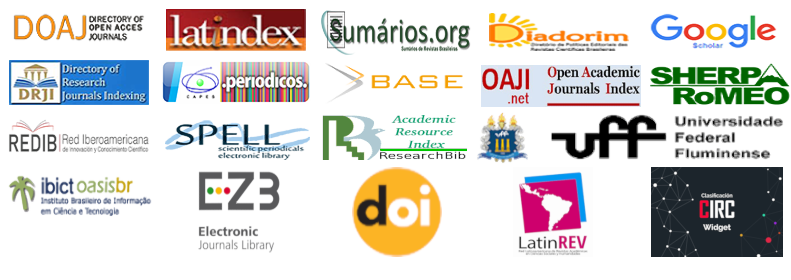An analysis of the factors that influenced the financial result of the investments made by the FMIEE CRIATEC
DOI:
https://doi.org/10.20401/rasi.9.1.680Keywords:
Venture Capital, Financing of Innovation, investment analysisAbstract
The goal of this paper is to analyze the investments made by the Criatec Fund, seeking to identify which factors influenced the fund's financial result. For this purpose, initially the metrics of financial return on investments were determined and the variables were defined for the factors analysis, qualitative and quantitative, which influenced the investments of Criatec financial result. Each of these factors was related to the financial result, through the hierarchical cluster analysis, in addition to determining groups of companies with similar characteristics and which had the best chance of positive financial returns. The results found that having partners with qualifications or experience in management proved to be an expressive factor in the supported companies' performance. Another differential factor was the innovation degree, where companies with more disruptive technologies presented lower financial results than companies with products without huge technological differentials.
Downloads
References
Referências Bibliográficas
BLACK, B.; GILSON, R. Venture capital and the structure of capital markets banks vs stock markets. Journal of Financial Economics, v. 47, p. 243-277, 1998.
GIL, A. C. Como elaborar projetos de pesquisa. 4. ed. - São Paulo: Atlas, 2002.
GIL, A. C. Métodos e técnicas de pesquisa social. 6. ed. - São Paulo: Atlas, 2008.
LEMOS, P. Universidades e Ecossistemas de Empreendedorismo. Campinas: Editora da Unicamp, 2012.
METRICK, A.; YASUDA, A. Venture capital and the finance of innovation. John Wiley & Sons, New York, 2ed, 2010.
Downloads
Published
Issue
Section
License
Copyright (c) 2022 Review of Administration, Society and Innovation

This work is licensed under a Creative Commons Attribution 4.0 International License.
RASI, in accordance with Law No. 9,610 of February 19, 1998, which amends, updates and consolidates Brazilian copyright law and makes other provisions, adopts the following conditions of the Copyright Assignment:
1. RASI maintains, with the transfer of copyrights, the possession of rights over the content published;
2. The author retains his moral rights of the content, including the right to be identified as the author whenever the content is published;
3. Despite the attribution of copyright, the author retains the right to reuse the material in future collections of his own work without encumbrance. The acknowledgments of the previous publication in the RASI are the only requirements in such cases;
4. The author may make photocopies of the content, or distribute it by electronic mail or fax, provided that they are intended for their own classes and for the purpose of meeting research objectives, provided that: (a) such copies are not resold and (b) reference to the original source of the publication and the name of the RASI are clearly indicated on all copies made of the document.











